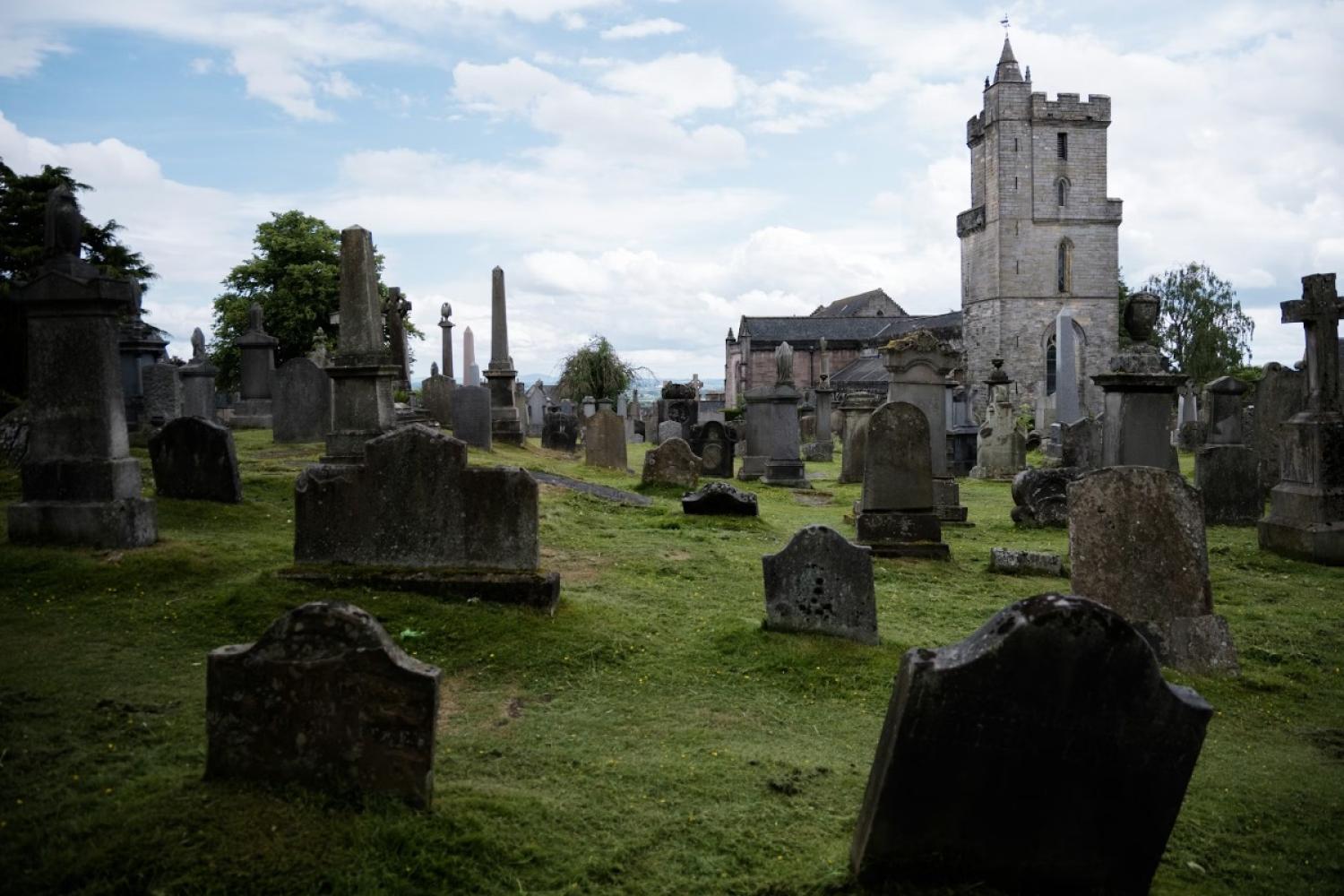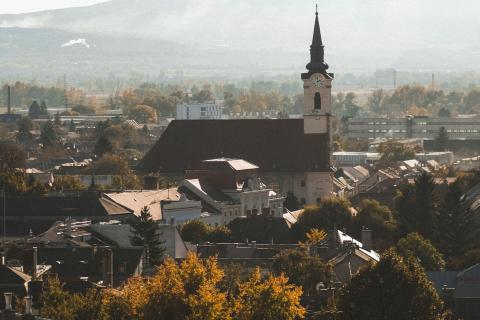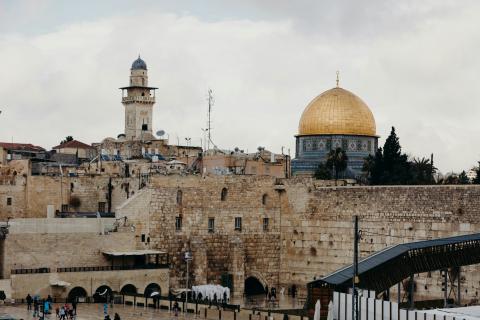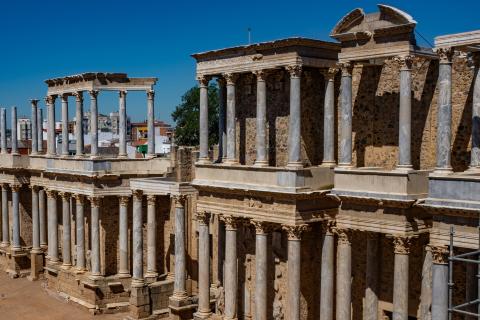
The bones of Saint Francis went on display in Assisi this past weekend – the first time they’ve done so in their 800-year history. Nearly 400,000 people pre-registered to see them. “It’s an event I couldn’t miss,” said one pilgrim.
An Associated Press article commented on the event, noting the timeliness of Francis’s message and his enduring appeal in our contemporary moment, where peace, care for the poor, and care for the environment are issues that are often top of mind. But the piece also discussed the custom of venerating relics itself, quoting the director of Sacra: Relics of the Saints, who noted that “it makes sense that we’re going to have things that we hold on to” if the saints really are our brothers and sisters in heaven. “And what the church does is just take this natural desire that we all have for connection and belonging and direct it in a way that leads us toward Christ,” he said.
His remark begins to point to what’s noteworthy and distinct about this habit of Catholics, which must seem strange to the outside perspective. True, lots of people in history have wanted to remember their great ones, and that’s come through in a number of ways: honoring burial places, erecting statues and memorials, and so on. But what’s odd is that other peoples haven’t so much remembered their dead by holding onto relics in the way that Catholics do. They don’t transport bones, or try to get close to remains to touch them, or put bits of bone and hair in reliquaries and send them around the world. Something more is going on here.
One of the friars in Assisi told the AP that the tradition of venerating physical remains “is not so much about venerating Francis, but rather encountering Francis by venerating the Holy Spirit who filled that humanity and made it capable of giving itself.” Relic veneration, in other words, isn’t so much about honoring our great ones as it is about honoring the Great One. The sacramental reality here is essential. Through the Incarnation Jesus draws the whole of the person – body, soul, and spirit – into himself. He makes the “stuff” of humans capable of something unfathomable: to become one with the divine nature. The saints are those who really surrendered to this invitation, who really let the possibility of it become real in their own lives. They’re those who did become united to God in a way that altered and marked the whole of their being. As a result, they are signs of the destiny God’s pursuing for us, and signs of what our humanity has within in it to become.
The bones of someone like that, then, bear the mark of that invitation and that process of divinization. Their remains have become indelibly holy – not themselves “deified,” but bearing the fragrance of the Lord who animated them, who breathed his Holy Spirit into them and sustained them for all their life. As a result, those remains are also an avenue for drawing near to that same Holy Spirit; they’re an avenue for receiving graces from him.
For example: here’s just one lovely grace, which the AP piece already marks. One pilgrim noted that the sight of Francis’s bones gave her goosebumps, having been devoted to the saint for so long. When one takes a step back, this is an astonishing thing to say: a skeleton is a sight that most people would shrink from. For us, though, a moment like this is a way to laugh at the power of death, which cannot conquer the Lord of lords who promises to sustain our lives, too. “O death, where is thy sting?” Saint Paul proclaims. Here is the very worst death can do, and Christians parade it around like a trophy. It must be driving the devil crazy.


